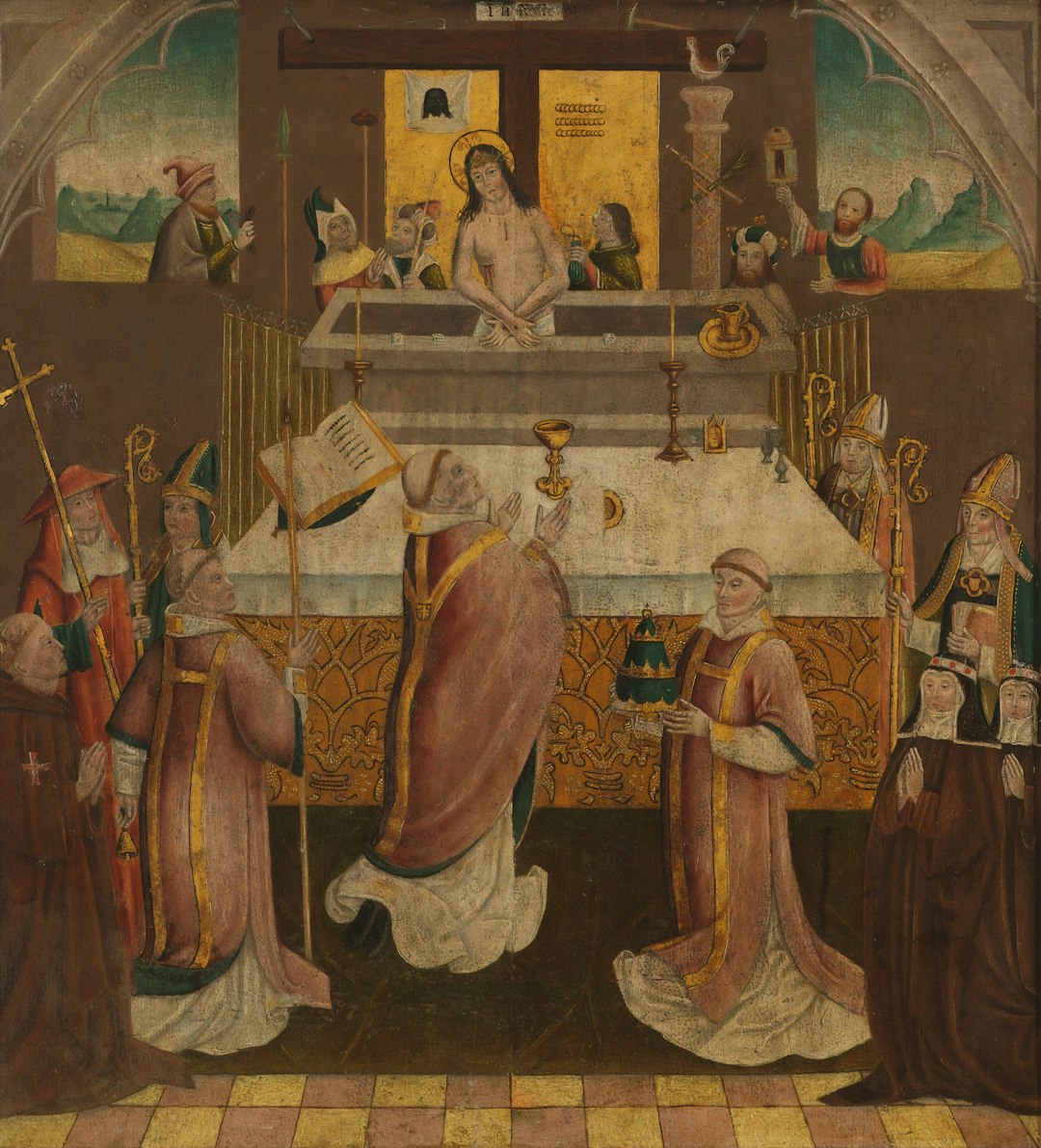Ramadan is a holy month in the Islamic calendar where Muslims all around the world observe fasting from sunrise to sunset. It is a time of spiritual reflection, self-discipline, and increased devotion. Fasting during Ramadan holds great significance in the Islamic faith and plays a crucial role in the lives of Muslims.
One of the main reasons why fasting is so important during Ramadan is because it is one of the Five Pillars of Islam. The Five Pillars are the five basic acts of worship that are considered mandatory for all Muslims to follow. Fasting in Ramadan is an obligation for all adult Muslims who are physically able to do so. By observing fasting during this month, Muslims are fulfilling their religious duty and demonstrating their submission to the will of Allah.
Moreover, fasting during Ramadan is seen as a means of self-purification and self-discipline. It is a time for Muslims to control their desires, practice patience, and develop greater empathy for the less fortunate. By abstaining from food, drink, and other physical needs during daylight hours, Muslims learn to appreciate the blessings they have been given and become more aware of the plight of those who are less fortunate.
Fasting during Ramadan is also seen as a way to develop a closer connection to God. By focusing on prayer, Quran recitation, and acts of worship, Muslims can strengthen their relationship with Allah and seek forgiveness for past sins. The month of Ramadan is believed to be a time when the gates of heaven are open and the gates of hell are closed, making it easier for Muslims to seek forgiveness and attain spiritual growth.
Furthermore, fasting during Ramadan serves as a reminder of the importance of gratitude and humility. It is a time to reflect on one’s actions and intentions, seek forgiveness for past wrongdoings, and strive to be a better person. By experiencing hunger and thirst, Muslims are reminded of the countless blessings they have been given and are encouraged to be grateful for what they have.
In addition, fasting during Ramadan fosters a sense of unity and solidarity among Muslims. As Muslims around the world come together to observe fasting, they share a sense of community and brotherhood. The daily pre-dawn and sunset meals, known as suhoor and iftar, are often shared with family, friends, and even strangers, promoting social cohesion and mutual support.
Overall, fasting during Ramadan holds great significance in the lives of Muslims and is a central part of their faith. It serves as a means of fulfilling religious obligations, developing self-discipline and empathy, strengthening one’s relationship with God, fostering gratitude and humility, and promoting unity and solidarity within the Muslim community. Ramadan is truly a time of spiritual renewal and growth, and fasting is a key component of this transformative experience.

